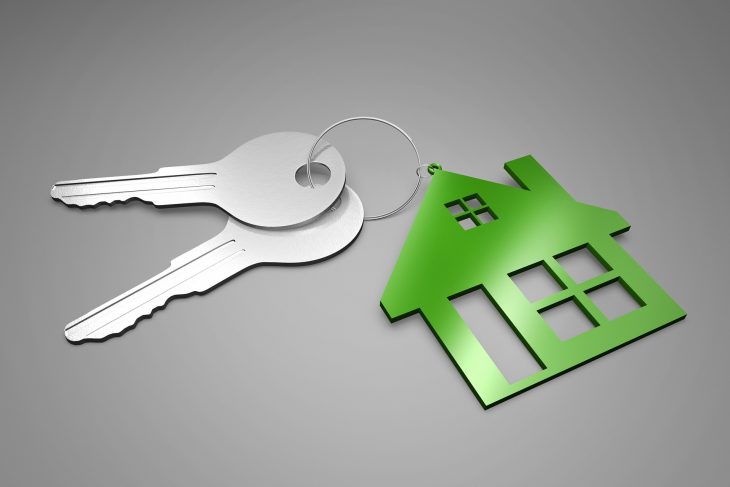Thanks to the Affordable Care Act (ACA), a new electronic funds transfer (EFT) standard and associated operating rules requires healthcare payers to submit claims payments via ACH whenever requested. The Healthcare EFT Standard, which went into effect Jan. 1, offers medical providers new opportunities to reduce costs, streamline accounting processes and improve operating efficiencies—ultimately allowing them to spend more time with patients and less time on paperwork.
In the past, the lack of an EFT standard placed a heavy burden on providers. NACHA collaborated with the Council for Affordable Quality Healthcare in 2010 to research how healthcare providers and health plans use EFTs and found several problem areas with the former system. Providers interested in receiving EFT payments had to deal with a variety of enrollment procedures, and transactions were often delayed. There was also no requirement for reassociation of data to be included with the payment—making it difficult to match payments with electronic remittance advices.
With the new Healthcare EFT Standard in effect, enrollment, security and reassociation processes have all been established, making it easier, safer and more efficient for healthcare providers to receive EFT payments via the ACH network. Although the new rule does not prohibit providers from using other payment options for claims reimbursements, EFT payments via ACH provide a number of benefits other electronic payment options and paper checks do not.
For example, the new standard offers providers significant cost savings over other payment types. The cost of receiving a claims payment using the Healthcare EFT Standard is, on average, $.34. Other EFT payment types, such as wire transfers can cost an average of $10.73 and credit or virtual cards cost providers an average of 3 percent of the claim amount per transaction.
Those cost reductions, combined with additional savings on items like paper, could save physician practices and hospitals an estimated $3 billion to $4.5 billion over the next 10 years, according to preliminary estimates from the Department of Health and Human Services.
Use of the Healthcare EFT Standard can also boost provider efficiency. The new standard includes a reassociation number, which makes matching outstanding claims with payments quick and easy for providers’ accounting offices. The Healthcare EFT Standard is the only payment method with this feature. Working with a provider’s practice management system to match outstanding claims with payments and update the patient accounts can help facilitate a fully electronic practice.
Additionally, healthcare EFTs via ACH are more secure than checks, which continue to be the dominant payment form targeted by fraudsters, and all transactions are compliant with HIPAA privacy standards. They also offer a quicker alternative to paper checks or card payments. Healthcare EFTs via ACH funds are available on the day received by the provider’s bank, and the transferred funds are available up to seven days faster than with paper checks. ACH payments funds are also available faster than credit card or virtual card funds that are deposited to the provider account, on average, two to four days after the transactions are processed in the provider’s office.
Providers can easily begin realizing the benefits of using the new Healthcare EFT Standard. To get started, providers simply have to contact their health plans, choose the Healthcare EFT Standard and provide the plans with their payment information.
For more information on the new Healthcare EFT Standard, visit healthcare.nacha.org.










